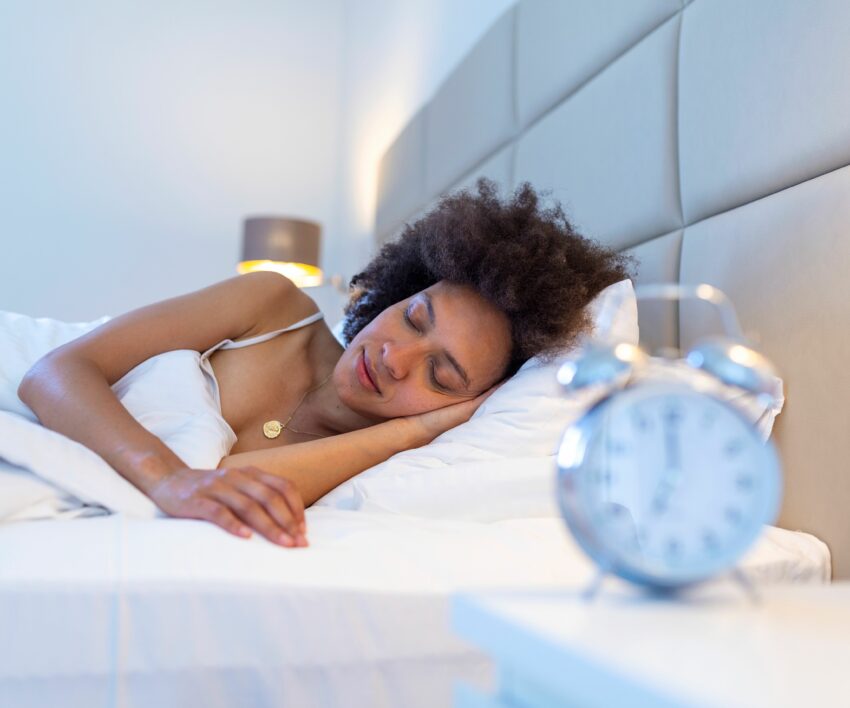
Today is World Sleep Day 2024 and this year’s theme is “sleep equity for global health”, which is about making quality sleep more accessible to everyone. While some people struggle to sleep because of specific sleep disorders, many people can improve their sleep simply by focusing on better sleep hygiene, says Dale Harley, Marketing Executive at Restonic.
Sleep hygiene is about developing healthy habits that support better sleep. Just as brushing your teeth every day can help prevent tooth decay, implementing good sleep hygiene can help prevent you from missing out on sleep, and ensure you wake up feeling refreshed in the mornings.
For World Sleep Day, Restonic SA, the largest bed manufacturer in sub-Saharan Africa, has created various resources to help every person to unlock the #PowerOfSleep in their lives, starting tonight.
Here are six ways to improve your sleep health:
- Give sleep the attention it deserves: To improve their health, many people focus on their diet or exercise regime. Often, they overlook sleep. Set yourself up for better sleep by prioritising it in the same way you do other aspects of your health. Put a “sleep structure” in place, starting with a bedtime routine that trains your brain to wind down at the end of every day. Stick to a wake-up time, even if your schedule is a little erratic, as this teaches your body what it can expect.
- Make your bedroom a sleep sanctuary: Ensure your bedroom is a place where you have the best chance of sleeping well. A cool, dark, and quiet environment promotes better sleep, so block out the light (this helps your body to produce melatonin, which will help you to sleep better), tidy up, and make the space feel soothing and peaceful (whether that’s with healthy pot plants, scented candles or luxurious bedding).
- Invest in a comfortable bed: It’s much easier to get a great night’s sleep on a bed that offers you the support you need. Find out more about how to choose the right bed.
- Choose sleep, every night: Calculate how much sleep you need based on what works for you – usually this is between 7 and 9 hours – and then set a bedtime reminder. When it goes off, turn off the TV, stop doom-scrolling on social media and put yourself to bed.
- Manage the temperature: According to the US National Sleep Foundation, the ideal temperature for sleep is quite cool, somewhere between 18 and 20 degrees Celsius. Of course, such a low temperature is pretty hard to come by in South Africa in the summer months, so you may need to sleep with a fan on. You might also want to swap out heavy blankets for a simple sheet in warm months, and choose lightweight, cool pyjamas in breathable fabrics.
- Get help with sleep issues: If you have persistent problems falling asleep or staying asleep despite implementing good sleep habits, consult a doctor to rule out any underlying medical conditions.




